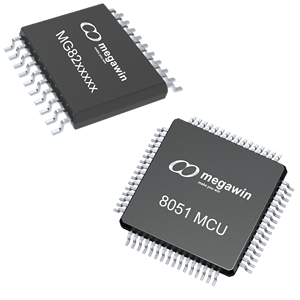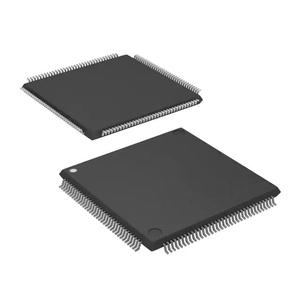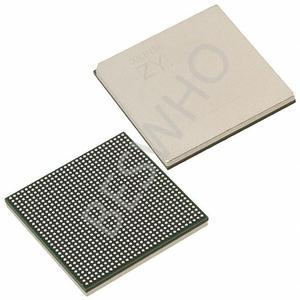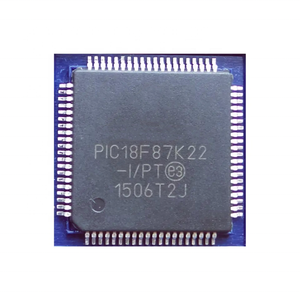8080 Microprocessor Architecture
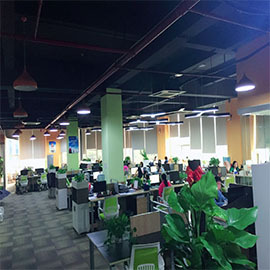





 1/56
1/56



 1/2
1/2






 1/7
1/7
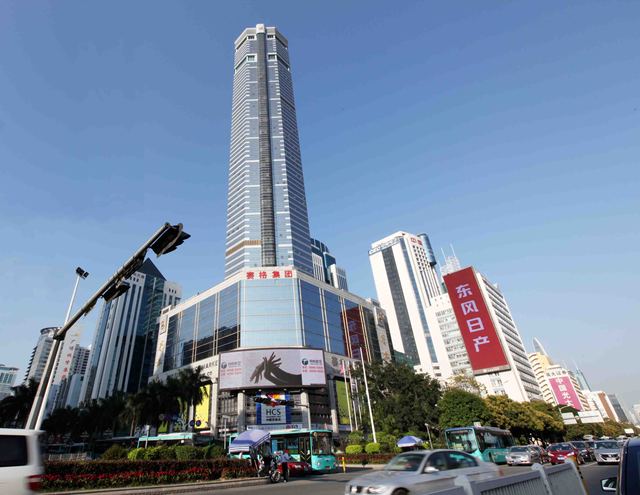






 1/18
1/18




 1/11
1/11





 1/2
1/2



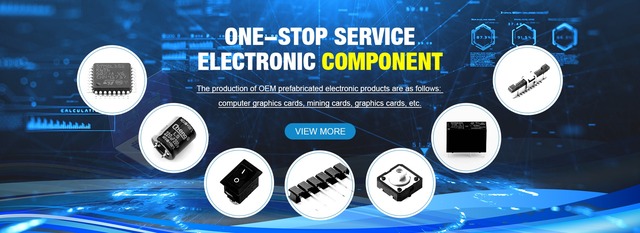



About 8080 microprocessor architecture
Where to Source 8080 Microprocessor Architecture Components?
The global supply of microprocessors referencing the 8080 architecture is primarily concentrated in Shenzhen, China—a hub for semiconductor distribution and legacy IC sourcing. Suppliers in this region specialize in both modern derivatives (e.g., 8051-based MCUs) and historical Intel 8080-compatible chips, often repurposed for industrial control, embedded education systems, and retro computing applications. The ecosystem benefits from proximity to wafer fabrication support services, testing facilities, and logistics networks that enable rapid order fulfillment across Asia, Europe, and North America.
These suppliers operate within a mature electronics component marketplace, offering access to both original-equipment-manufacturer (OEM) stock and second-sourced alternatives. Many maintain inventories of discontinued or end-of-life (EOL) processors, supporting maintenance of legacy systems. Economies of scale are achieved through high-volume procurement channels and partnerships with regional IC designers, allowing competitive pricing even for low-MOQ orders. Buyers can expect lead times ranging from 7–15 days for standard shipments, with air freight options reducing delivery to under 10 days internationally.
How to Evaluate 8080 Microprocessor Architecture Suppliers?
Procurement decisions should be guided by structured evaluation criteria to ensure technical compatibility, supply chain resilience, and transaction security.
Technical Accuracy & Product Alignment
Verify that listed products align with the intended use of "8080 architecture"—noting that many suppliers use the term broadly to include 8-bit microcontrollers derived from Intel’s MCS-80 family (such as 8051 cores). True 8080-compatible processors are rare; most offerings are functionally related 8-bit or 32-bit MCUs used in similar applications. Request datasheets and pin compatibility charts to confirm electrical specifications, clock speeds, memory interfaces, and package types before integration.
Production and Inventory Capabilities
Assess supplier capacity based on available metrics:
- Minimum Order Quantity (MOQ) ranging from 1 piece (for prototypes) to 5,000+ units (bulk pricing)
- Price stability across volume tiers (e.g., $0.13/unit at 5k MOQ vs. $20/unit at single-unit level)
- Stock rotation policies ensuring authentic, non-obsolete inventory
Cross-reference product descriptions with known manufacturer part numbers (e.g., ATMEGA808-AUR, P8086) to avoid misrepresentation.
Transaction Reliability & Risk Mitigation
Prioritize suppliers with documented performance records:
- On-time delivery rates ≥92%
- Response times ≤2 hours for inquiry resolution
- Reorder rates above 20% indicating customer retention
Utilize secure payment methods where escrow or trade assurance mechanisms are available. Conduct sample testing for solderability, thermal performance, and firmware programmability prior to full-scale deployment.
What Are the Leading 8080 Microprocessor Architecture Suppliers?
| Company Name | Main Products | Online Revenue | On-Time Delivery | Avg. Response | Reorder Rate | Min. Order | Price Range (USD) |
|---|---|---|---|---|---|---|---|
| QUATTRO TECHNOLOGY CO., LIMITED | Microcontrollers, PMICs, FPGAs, Transistors | $60,000+ | 100% | ≤1h | 23% | 1–10 pcs | $3–70 |
| Shenzhen Yashichi Technology Co., Ltd. | Microprocessors, Memory, Connectors, Sensors | Not disclosed | 100% | ≤2h | — | 10 pcs | $1–1.50 |
| MEGAWIN TECHNOLOGY CO., LTD. | Microcontrollers (ARM/8051-based) | Not disclosed | 100% | — | — | 1,000–5,000 pcs | $0.13–10 |
| Shenzhen Merrillchip Electronics Co., Ltd. | MCUs, Embedded Controllers | $20,000+ | 92% | ≤7h | 23% | 1–10 pcs | $1.80–50 |
| Shenzhen Mixinwei Trading Co., Ltd. | MCUs, Original IC Chips | $80,000+ | 100% | ≤2h | 40% | 1–10 pcs | $0.10–12.56 |
Performance Analysis
QUATTRO TECHNOLOGY and Shenzhen Mixinwei stand out for reliability, combining 100% on-time delivery with strong reorder rates (23% and 40%, respectively), indicating consistent buyer satisfaction. Mixinwei offers some of the lowest unit prices ($0.10) with minimal MOQs, making it ideal for prototyping and small-batch production. MEGAWIN TECHNOLOGY targets high-volume buyers, offering sub-dollar pricing but requiring MOQs of 1,000–5,000 units, reflecting a focus on OEM manufacturing. Shenzhen Yashichi provides cost-effective solutions at $1–1.50 per unit with moderate scalability, though lacks reorder rate transparency. Buyers seeking responsive service should prioritize QUATTRO (≤1h response) or Mixinwei (≤2h).
FAQs
How to verify microprocessor authenticity?
Request batch traceability codes, original packaging, and manufacturer certification documents. Conduct visual inspection for correct marking, logo stamping, and package integrity. Independent lab testing using decapsulation or X-ray analysis may be necessary for mission-critical deployments.
What are typical MOQ and pricing structures?
MOQ ranges from 1 piece (prototypes) to 5,000 pieces (volume discounts). Unit prices vary significantly: $0.10–$1.50 for common legacy ICs, $3–$70 for specialized or newer-generation MCUs. High-volume orders achieve up to 90% cost reduction per unit.
Do suppliers support customization?
Limited customization is available, including pre-programming firmware, labeling, or packaging modifications. Structural changes (e.g., die revision or package redesign) require engagement with original manufacturers and are generally not offered by distributors.
Can I obtain samples before bulk ordering?
Yes, most suppliers allow sample purchases (1–10 pieces) at standard unit price. Some waive fees for future large-volume commitments. Allow 3–7 days for processing and 5–10 days for international shipping via express courier.
Are these components compliant with environmental standards?
Compliance varies by supplier and product line. RoHS and REACH conformance must be explicitly confirmed through material declarations. Not all legacy ICs meet current environmental regulations—essential consideration for commercial product design.


















